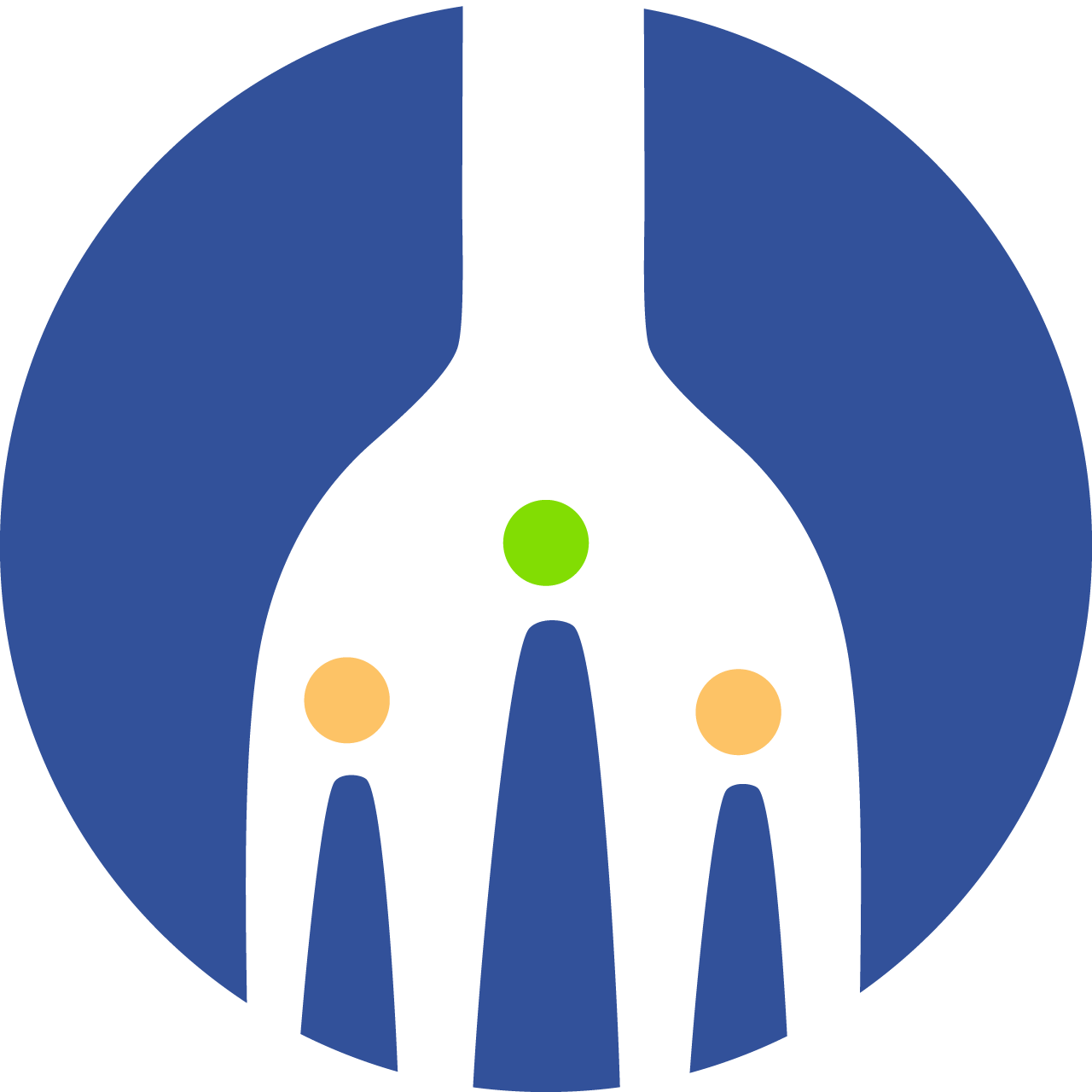Managing Celiac and Psychological Health
Living with a chronic illness can be challenging for individuals and their families. A recent study found that about one-third of children (ages 13-18) with Celiac disease also had at least one mental health disorder diagnosis[i]. Other studies have found that children with Celiac disease are at a higher risk of being diagnosed with the following mental health diagnoses and challenges.

Anxiety Disorders
Depression & Other Mood Disorders
Attention Deficit Hyperactivity Disorder
Eating Disorders
Behavior Problems

It is important to note that researchers do not know whether mental health disorders are caused by physiological changes due to Celiac disease or by the increased stress that is associated with managing a gluten-free diet. Individuals with Celiac disease often report high levels of distress associated with their disease. Some signs to look for include:
Anxiety
Depression
ADHD
Eating Disorders
Behavior Problems
• Avoidance of certain social situations or places
• Refusal or reluctance to try new foods
• Irritability
• Withdrawal from family and friends
• Lack of interest in activities they used to enjoy
• Difficulty concentrating
• Difficulty completing multi-step tasks
• Limiting portions of food
• Over-exercising
• Expressing fears of gaining weight
• Aggressive or disruptive behavior
Anxiety
• Avoidance of certain social situations or places
• Refusal or reluctance to try new foods
Depression
• Irritability
• Withdrawal from family and friends
• Lack of interest in activities they used to enjoy
ADHD
• Difficulty concentrating
• Difficulty completing multi-step tasks
Eating Disorders
• Limiting portions of food
• Over-exercising
• Expressing fears of gaining weight
Behavior Problems
• Aggressive or disruptive behavior
We also know that parents of children with Celiac disease experience increased stress. Researchers found that about half of parents report increased stress related to helping their child to follow a gluten-free diet, and almost half of parents say that they experience a financial burden related to the diet.
What Next? Mental health therapists can help individuals to learn skills to change their thoughts, feelings, and behaviors and manage feelings of sadness, anxiety, and anger. Therapists can also help individuals when they are unsure about how to talk to friends, family, or teachers about their disease, advocate for themselves when they are eating out, or manage social situations such as birthday parties and school activities.


